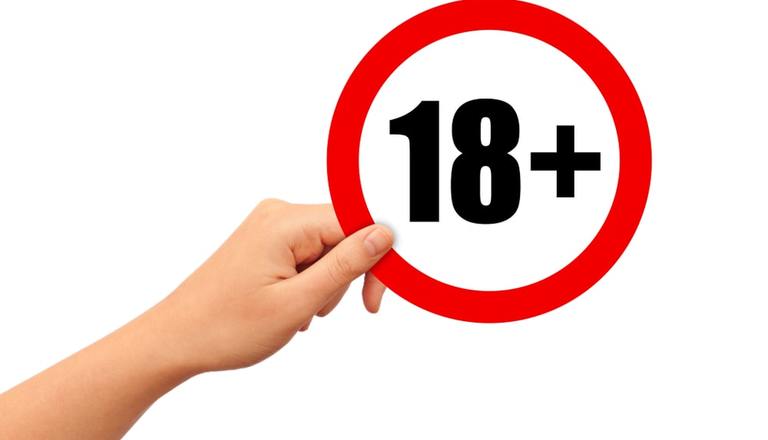
Age restrictions in the lottery
The allure of of the lottery can be particularly enticing to young people. To safeguard minors from the potential harms associated with gambling, including addiction, financial hardship, and academic neglect, stringent measures have been implemented to prevent underage lottery participation.
Age Restrictions:
The very first step in preventing minors from playing the lottery is establishing a clear and enforceable age limit. In most jurisdictions, the legal age to purchase lottery tickets is 18, although some places have higher age restrictions. This age limit is typically aligned with other adult privileges, such as driving, voting, and alcohol consumption. To effectively enforce age restrictions, lottery retailers play a crucial role. They are often required to card individuals who appear to be under the legal age. Refusal to comply with age verification can result in severe penalties for the retailer, including fines or license revocation.
Point-of-Sale Prevention Measures
Lottery terminals and retail systems are equipped with various safeguards to deter underage play. In some jurisdictions retailers are required to input the purchaser's date of birth into the lottery terminal. The system then calculates the individual's age and denies the transaction if they are underage. Some other jurisdictions have implemented ID scanning systems that verify a customer's age instantly. This technology reduces the potential for human error and increases the accuracy of age verification. Lottery retailers are often required to install surveillance cameras to monitor transactions and deter underage purchases. Lottery retailers and their employees undergo mandatory training on age verification procedures, the consequences of selling lottery tickets to minors, and the importance of responsible gambling.
Advertising and Marketing Regulations
To prevent minors from developing an interest in lottery gambling, strict regulations govern lottery advertising and marketing. These measures aim to minimize exposure to lottery promotions among young people. Lottery advertisements are often prohibited during children's programming. Lottery advertisements must be age-appropriate and avoid targeting minors.
Lottery advertisements are often required to include responsible gambling messages to promote awareness of the potential risks associated with gambling. Educating the public, particularly young people and their parents, about the dangers of underage gambling is essential. Many jurisdictions invest in responsible gambling programs that provide information about the risks, warning signs, and available resources for help. Schools, community organizations, and government agencies collaborate to deliver educational messages through various channels, such as age-appropriate lessons on gambling and its consequences that are incorporated into school curricula, workshops and materials that are provided to help parents talk to their children about gambling and set appropriate limits, and public service announcements and advertising campaigns to raise awareness about the dangers of underage gambling.
Enforcement and Penalties
To ensure compliance with age restrictions and other regulations, lottery authorities conduct regular inspections of retail outlets. Violators face severe penalties, including fines, license suspension, or revocation. Additionally, individuals who purchase lottery tickets on behalf of minors may be subject to legal action.
Despite the implementation of various safeguards, preventing underage lottery play remains a complex challenge. Technological advancements, such as online and mobile lottery platforms, have introduced new ways for minors to access gambling. To address these challenges, ongoing efforts focus on enhancing online and mobile age verification methods to prevent minors from creating accounts. Also, expanding educational campaigns to reach a wider audience and address the evolving landscape of gambling. Stakeholders work with technology companies and online platforms to develop effective measures to protect minors. These efforts are continuously assessed to measure the effectiveness of existing efforts and to implement the necessary adjustments.
Protecting minors from the dangers of lottery gambling requires a comprehensive and multi-faceted approach. By combining age restrictions, point-of-sale prevention measures, advertising regulations, education, and enforcement, jurisdictions can significantly reduce underage lottery participation. However, ongoing vigilance and adaptation are essential to stay ahead of emerging challenges and ensure the well-being of young people.
